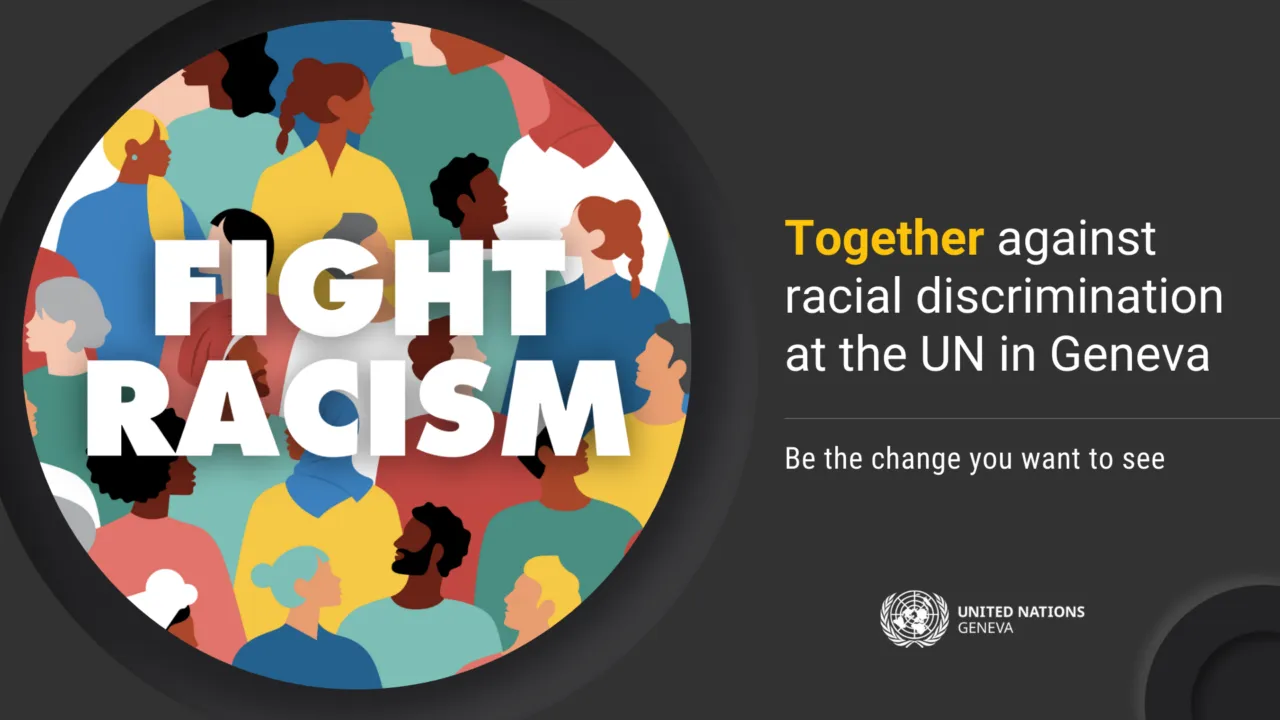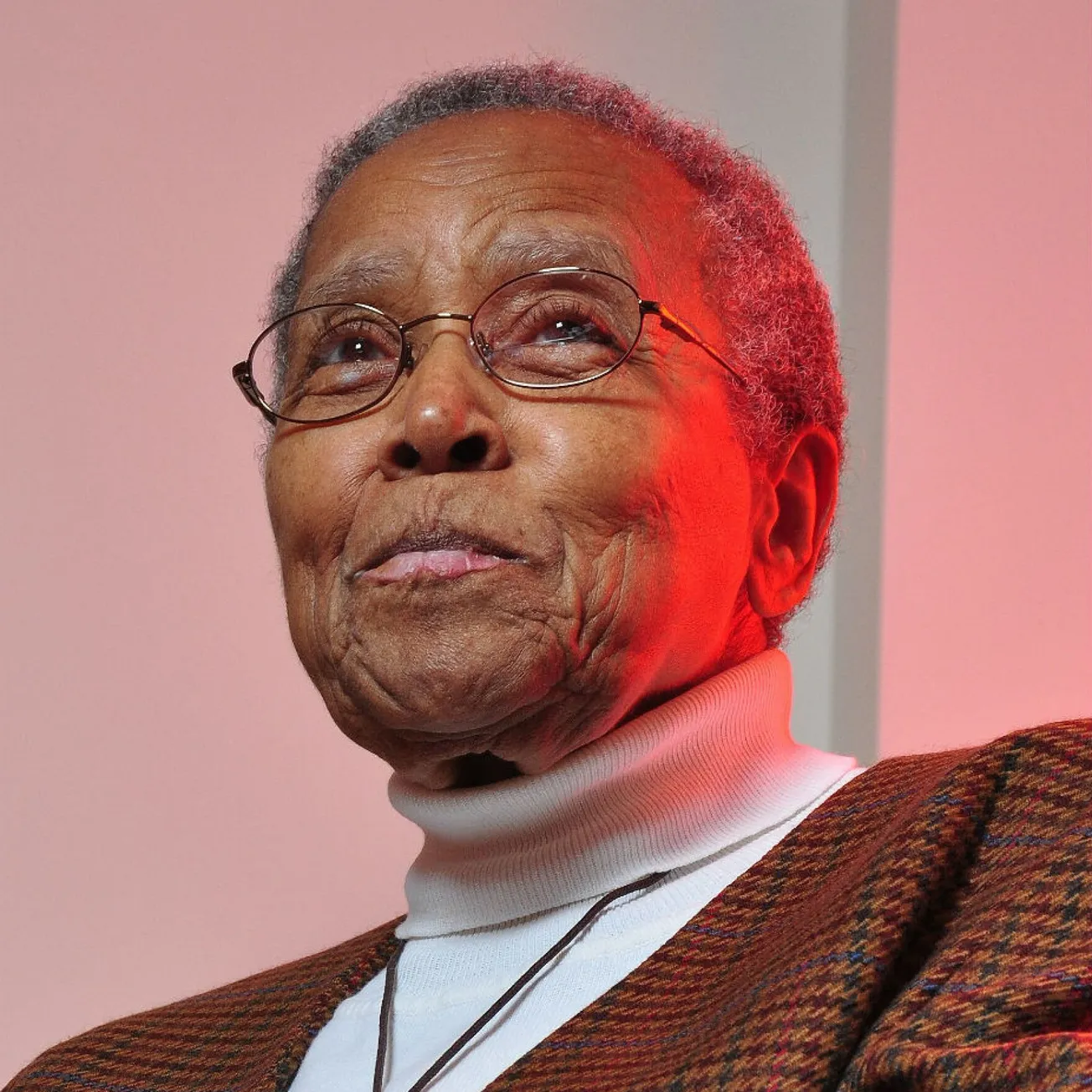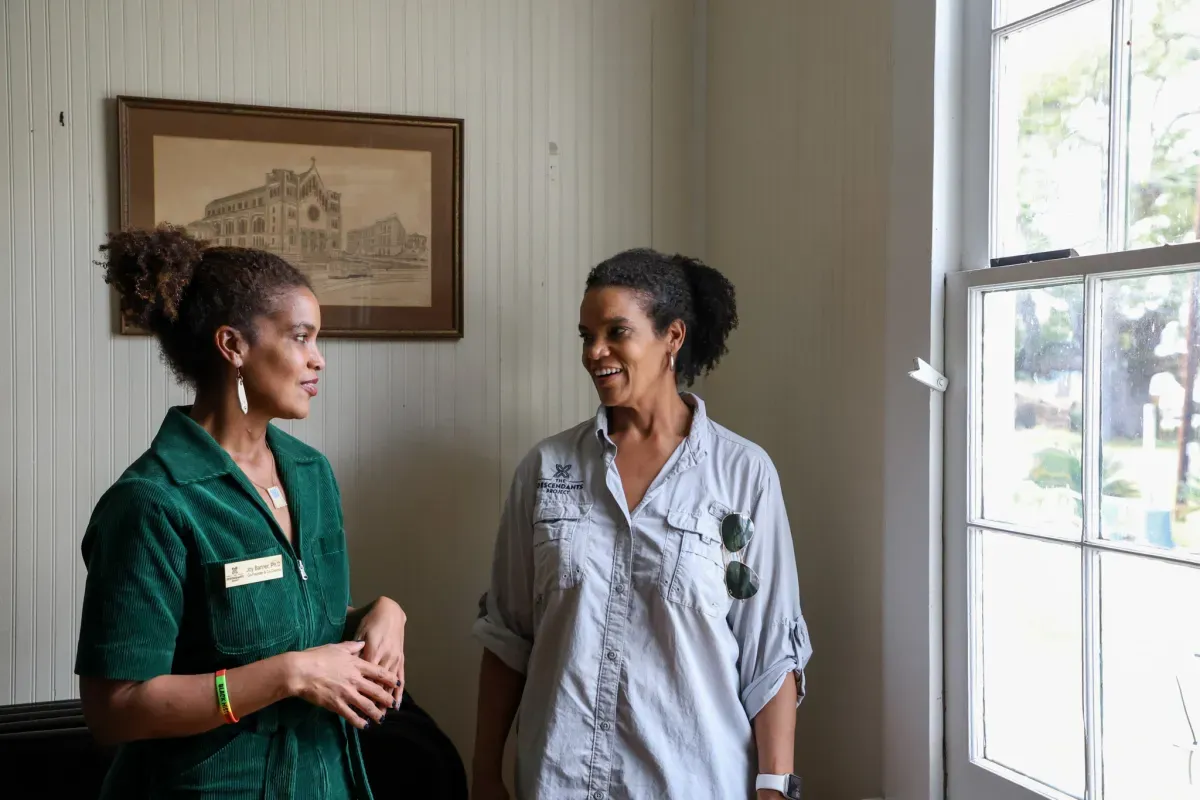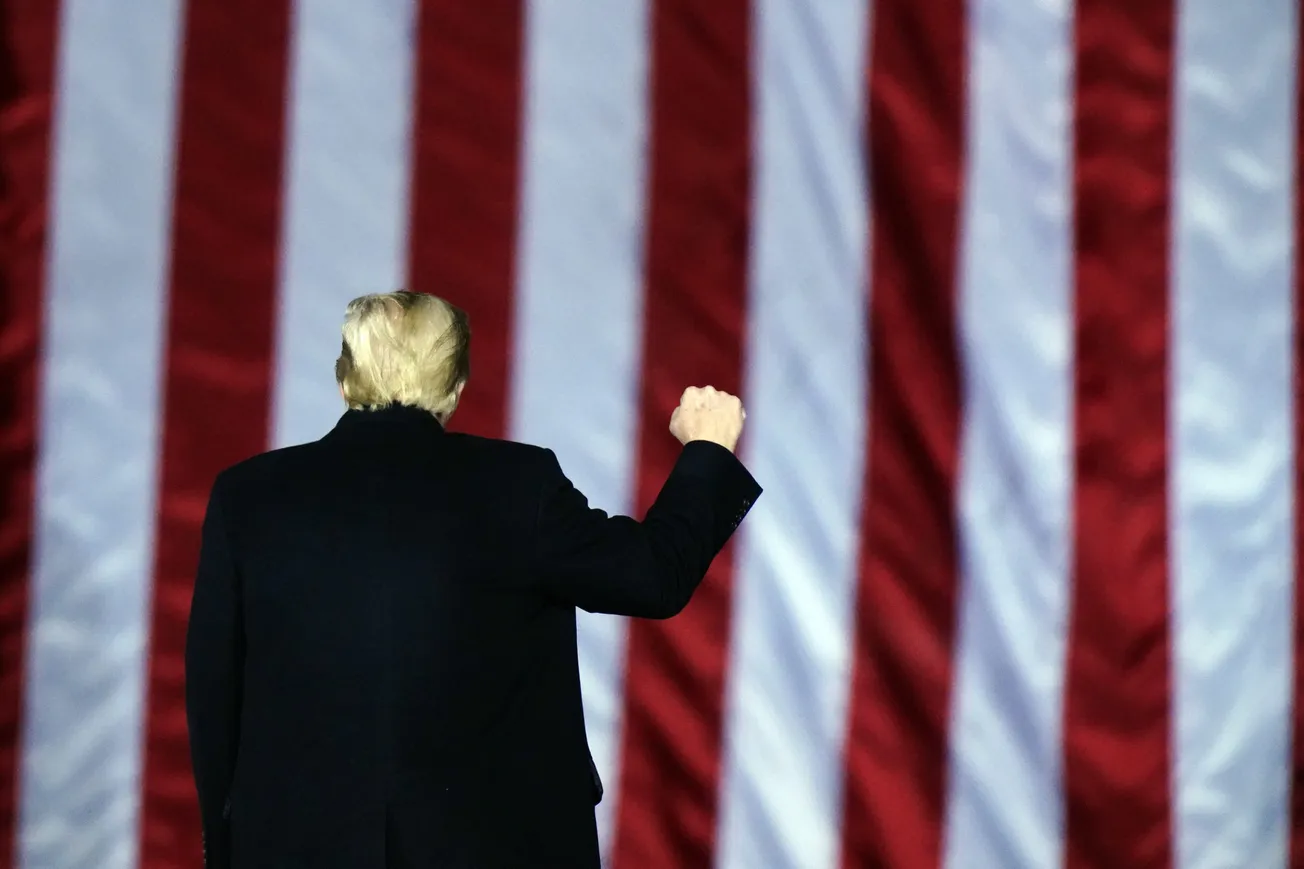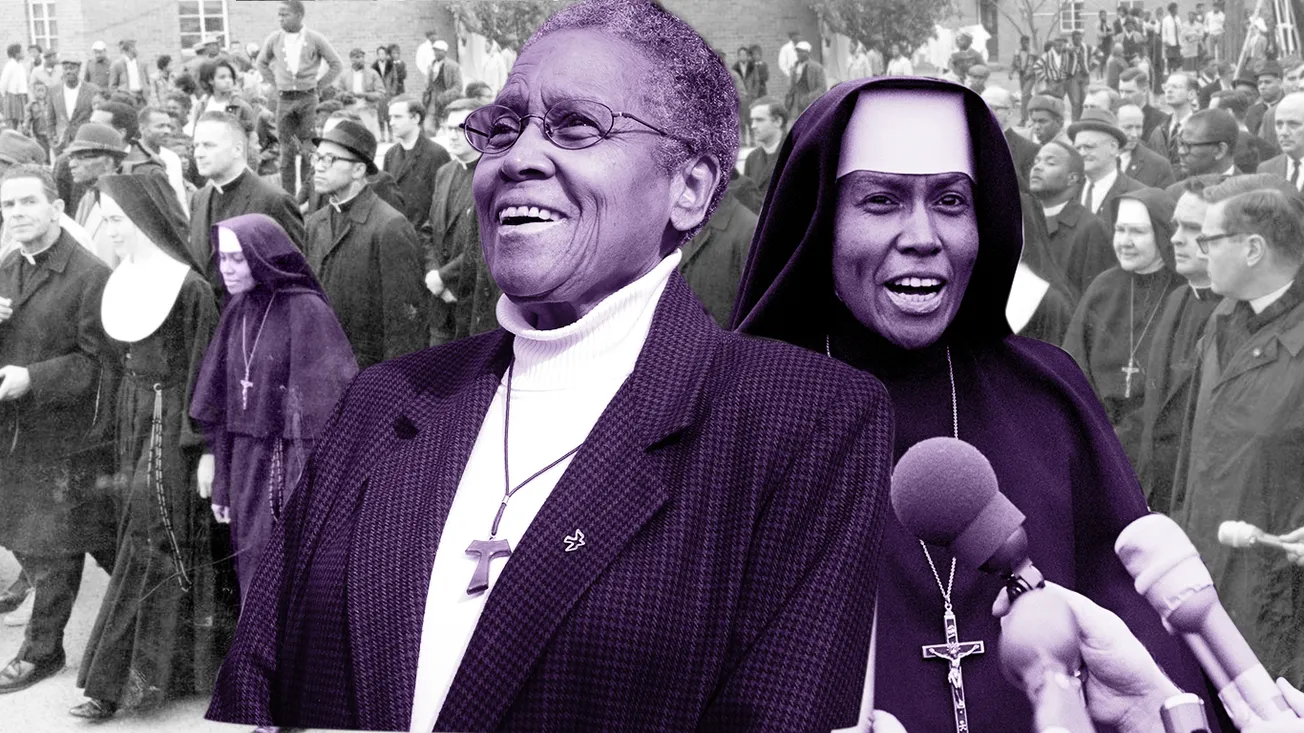Representatives from the United States will go before the United Nations this week in Geneva for a review of US compliance with the 1963 International Convention on the Elimination of All Forms of Racial Discrimination.
The Sentencing Project, the Southern Poverty Law Center, Human Rights Watch, and the American Civil Liberties Union will be present to reveal their findings to the UN Committee on the Elimination of Racial Discrimination, which monitors implementation of the convention.
In view of the meeting, scheduled for August 11-12 at the Palais des Nations, the HRW and the ACLU have submitted a joint report to the committee calling on President Joe Biden and the US government to take “immediate, tangible measures to dismantle structural racism.”
“The Biden administration has shown it can name the problem,” said Jamil Dakwar, director of the ACLU’s Human Rights Program, “but the time has come to take bolder action to radically transform these abusive systems and fully implement US human rights obligations.”
The UN Committee on the Elimination of Racial Discrimination should recommend the US government to take immediate, tangible measures to dismantle structural racism in the US.
— Human Rights Watch (@hrw) August 8, 2022
Read more: https://t.co/mh9umscpOE pic.twitter.com/60QHLgJXvQ
The US signed on to the UN convention in 1994, and Biden has spoken out strongly on systemic racism since taking office 19 months ago, but the new report says his inaction on reparations for slavery—along with the House of Representatives’ decades-long tabling of a bill that would study them—remain as black marks.
“In the absence of congressional action to pass H.R. 40 and S. 40, President Biden should establish the commission to study and develop reparations for the legacies of slavery through executive order,” said Human Rights Watch’s Dreisen Heath.
Beyond reparations, the new 98-page report released Monday morning hones in on the UN convention’s prohibition of “government actions that have a racist effect or impact”—a stipulation the report says applies directly to US domestic policy.
“[We] detail the engrained policies in the United States that have disproportionately harmed non-white racial groups, especially Black Americans, including those leading to mass incarceration, police and immigration law enforcement killings and abuse, and policies affecting education, health, and reproductive rights,” said HRW.
The ACLU submitted a joint report with The Sentencing Project to the UN committee on July 14th, concerning racial disparities in the US criminal justice system. That document will also be discussed during this week’s proceedings in Switzerland.
Anti-Black racism in the United States has long incensed domestic and international activists willing to raise the issues with the UN, and this week’s efforts may represent the first major action in over 70 years. In 1951, a group of African Americans (including Paul Robeson and W. E. B. Du Bois) submitted their “We Charge Genocide” paper to the UN with much fanfare, though to no avail stateside in the political realm.
The 20th-century Black Muslim activist Malcolm X famously attended the 1960 UN General Assembly in New York City and, following the creation of the UN’s anti-racism convention three years later, was an early proponent of African Americans addressing their concerns with the UN as a human rights violation.
After his murder in 1965—long rumored to have involved US government operatives—the UN idea lost steam and lay mostly dormant for decades. In 2014, however, a group of youth activists submitted their own “We Charge Genocide” report to the UN alleging human rights violations by the Chicago Police Department, and the UN’s High Commissioner for Human Rights called for slavery reparations in the US as recently as last June.
“Since it ratified the treaty 30 years ago, the US has had plenty of time to come into compliance, but has miserably failed,” the ACLU’s Dakwar said this week.
“The ACLU and Human Rights Watch have provided the administration a roadmap toward compliance; they must use it, starting today.”
The new joint report comes just weeks after a group of African-American activists met with a Vatican representative in Rome to discuss the issue of reparations, marking a watershed moment for those seeking economic repair from the institutions responsible for the Transatlantic Slave Trade.
Nate Tinner-Williams is co-founder and editor of Black Catholic Messenger, a seminarian with the Josephites, and a ThM student with the Institute for Black Catholic Studies at Xavier University of Louisiana (XULA).


